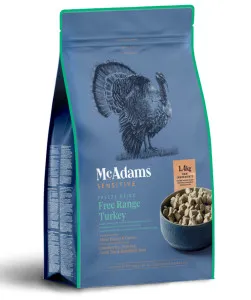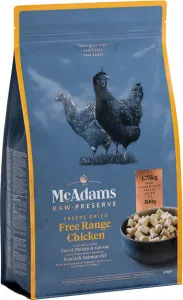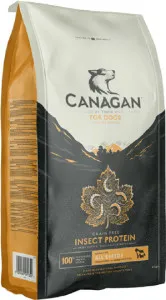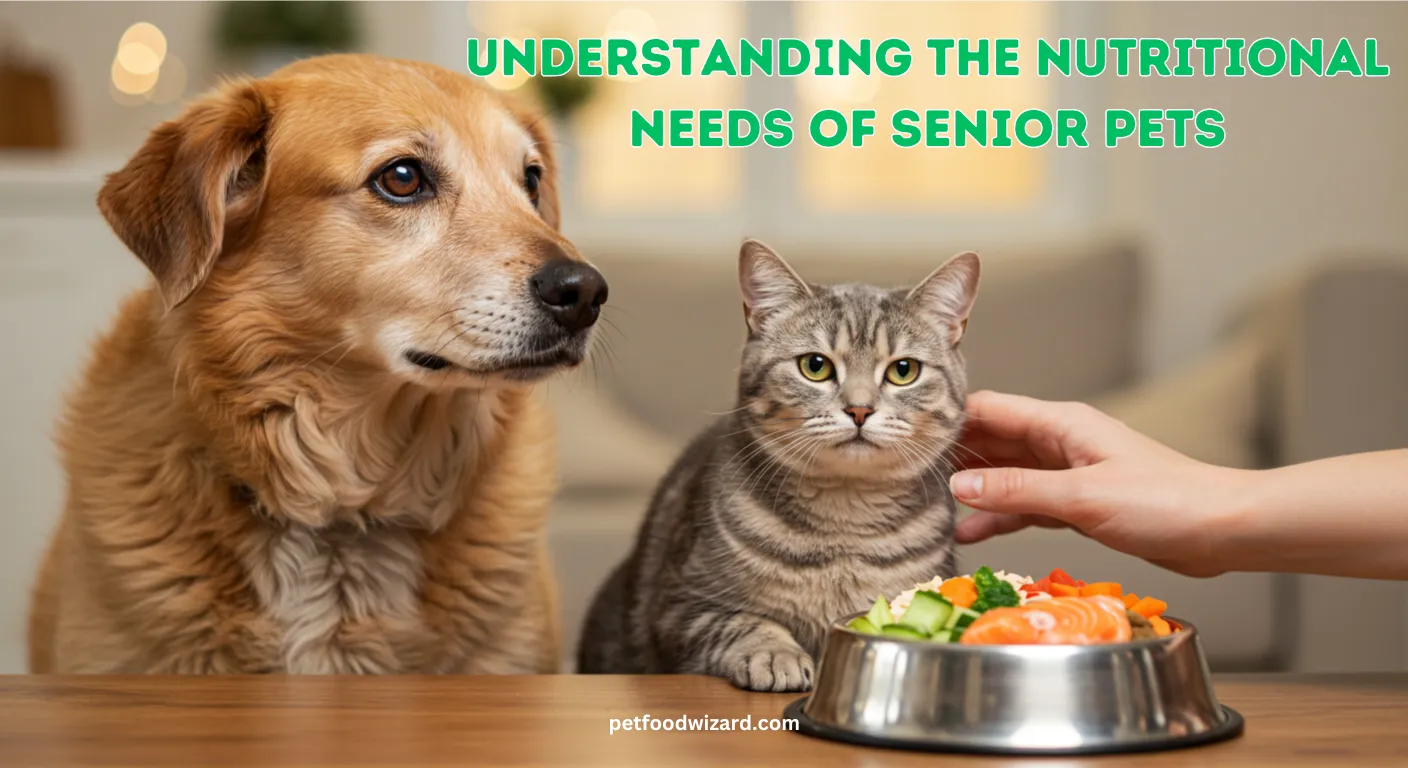Understanding the Nutritional Needs of Senior Pets
As our beloved pets age, their nutritional needs change just as ours do. Senior pets require a different approach to diet and nutrition to ensure they remain healthy, active, and happy in their golden years. Understanding these needs is crucial for pet owners who want to provide the best care for their aging companions. In this blog post, we’ll explore the unique nutritional requirements of senior pets, how to choose the right food, and tips for maintaining their overall well-being.
Why Senior Pets Have Different Nutritional Needs
As pets age, their metabolism slows down, and their bodies undergo various changes. These changes can include reduced muscle mass, decreased energy levels, and a higher risk of developing health issues such as arthritis, kidney disease, or diabetes. To address these challenges, senior pets need a diet tailored to their specific needs. Here are some key factors that influence their nutritional requirements:
- Slower Metabolism: Older pets burn fewer calories, so they need a diet that prevents weight gain while still providing essential nutrients.
- Joint Health: Supplements like glucosamine and omega-3 fatty acids can help maintain joint health and mobility.
- Digestive Changes: Senior pets may have a harder time digesting certain foods, so easily digestible ingredients are essential.
- Immune System Support: Antioxidants and vitamins can help boost their immune system, which may weaken with age.
- High-Quality Protein: Protein helps maintain muscle mass and supports overall health. Look for easily digestible sources like chicken, turkey, or fish.
- Healthy Fats: Omega-3 and omega-6 fatty acids promote healthy skin, a shiny coat, and reduce inflammation in joints.
- Fiber: Fiber aids in digestion and can help prevent constipation, a common issue in older pets.
- Vitamins and Minerals: Antioxidants like vitamins E and C support the immune system, while calcium and phosphorus are essential for bone health.
- Reduced Calories: Senior pets are less active, so a lower-calorie diet can help prevent obesity and related health issues.
- Look for Age-Specific Formulas: Many pet food brands offer formulas specifically designed for senior pets. These foods are tailored to meet the unique needs of older animals.
- Check the Ingredients: Avoid foods with fillers, artificial additives, or low-quality protein sources. Opt for natural, whole-food ingredients.
- Consider Your Pet’s Health Conditions: If your pet has specific health issues, such as kidney disease or diabetes, consult your veterinarian for specialized dietary recommendations.
- Monitor Portion Sizes: Overfeeding can lead to weight gain, so follow the feeding guidelines on the packaging or your vet’s advice.
- Arthritis: Foods rich in omega-3 fatty acids and glucosamine can reduce inflammation and support joint health.
- Kidney Disease: A low-phosphorus diet can help ease the strain on your pet’s kidneys and slow the progression of the disease.
- Diabetes: A high-fiber, low-carb diet can help regulate blood sugar levels in diabetic pets.
- Dental Issues: Soft or wet food may be easier for senior pets with dental problems to eat, while dental chews can help maintain oral health.
- Start Slowly: Mix a small amount of the new food with their current food, gradually increasing the proportion over 7-10 days.
- Monitor Their Reaction: Keep an eye on your pet’s appetite, energy levels, and stool consistency during the transition.
- Stay Consistent: Once your pet has adjusted to the new diet, stick to it to avoid unnecessary changes that could disrupt their digestion.
- Regular Vet Checkups: Schedule bi-annual visits to monitor your pet’s health and catch any issues early.
- Exercise: Gentle exercise, like short walks or playtime, can help maintain mobility and prevent obesity.
- Mental Stimulation: Puzzle toys or training exercises can keep your pet’s mind sharp and engaged.
- Comfortable Living Environment: Provide soft bedding and easy access to food, water, and litter boxes to accommodate their aging bodies.
Key Nutrients for Senior Pets
To keep your senior pet healthy, it’s important to focus on specific nutrients that address their aging bodies. Here’s a breakdown of the essential nutrients and their benefits:
Choosing the Right Food for Your Senior Pet
With so many pet food options available, selecting the right one for your senior pet can feel overwhelming. Here are some tips to help you make an informed decision:
If you’re unsure where to start, our Pet Food Analyzer can help you compare different brands and find the best option for your senior pet.
Common Health Issues in Senior Pets and How Nutrition Can Help
As pets age, they become more susceptible to certain health conditions. Proper nutrition can play a significant role in managing or even preventing these issues. Let’s take a closer look at some common problems and how diet can help:
Recommended Products

McAdams Freeze Dried Free Range Turkey is an excellent choice for understanding the nutritional needs of senior pets. This dog food contains Boneless Free Range Turkey 86.5% and other high-quality ingredients that promote overall health.

McAdams Freeze Dried Free Range Chicken is an excellent choice for understanding the nutritional needs of senior pets. This dog food contains Boneless Free Range Chicken 86% and other high-quality ingredients that promote overall health.

Canagan Insect is an excellent choice for understanding the nutritional needs of senior pets. This dog food contains Freshly Prepared Insects (27%)* and other high-quality ingredients that promote overall health.
Tips for Transitioning to a Senior Diet
Switching your pet to a senior diet should be done gradually to avoid digestive upset. Here’s how to make the transition smooth:
Additional Ways to Support Your Senior Pet’s Health
While nutrition is a critical component of your senior pet’s well-being, there are other steps you can take to ensure they stay healthy and happy:
Final Thoughts
Caring for a senior pet requires a thoughtful approach to their diet and lifestyle. By understanding their unique nutritional needs and making informed choices, you can help your furry friend enjoy their golden years to the fullest. Remember, every pet is different, so it’s essential to consult your veterinarian before making any significant changes to their diet.
If you’re looking for a reliable way to evaluate your pet’s food options, try our Pet Food Analyzer . It’s a simple tool designed to help you make the best choices for your pet’s health and happiness.
Your senior pet has given you years of love and companionship—now it’s your turn to give them the care they deserve. Start by ensuring their diet is tailored to their needs, and you’ll be setting them up for a healthier, more comfortable life.
